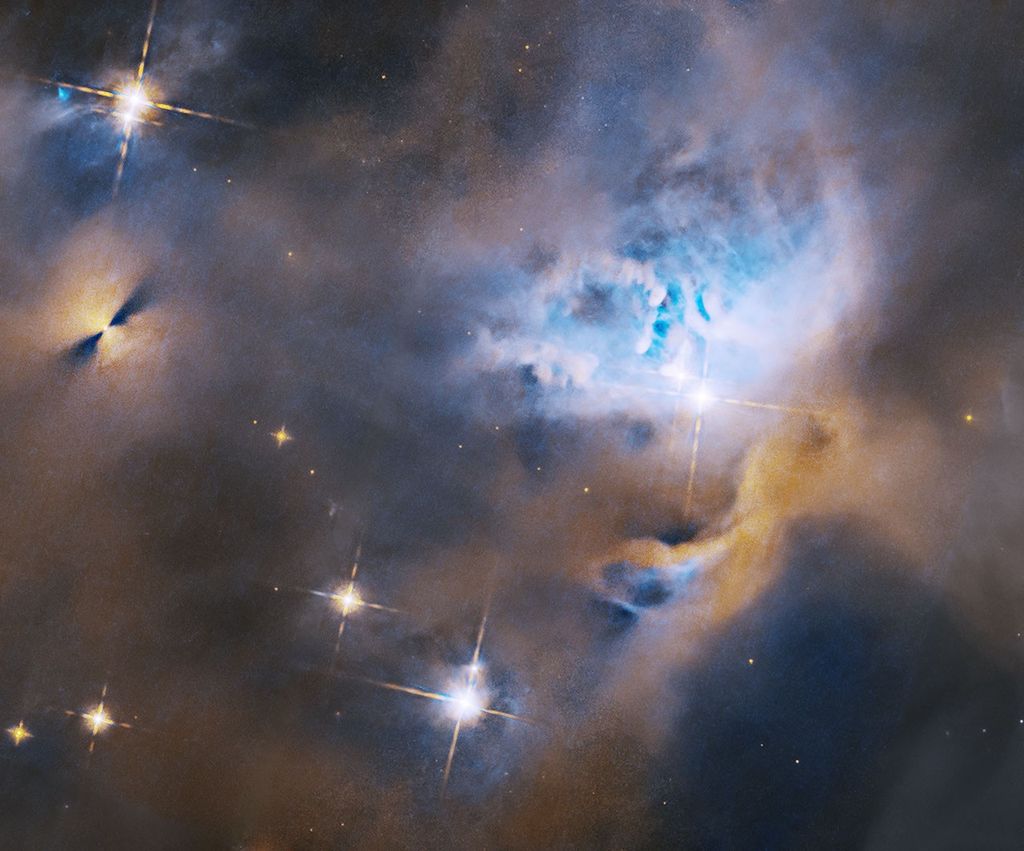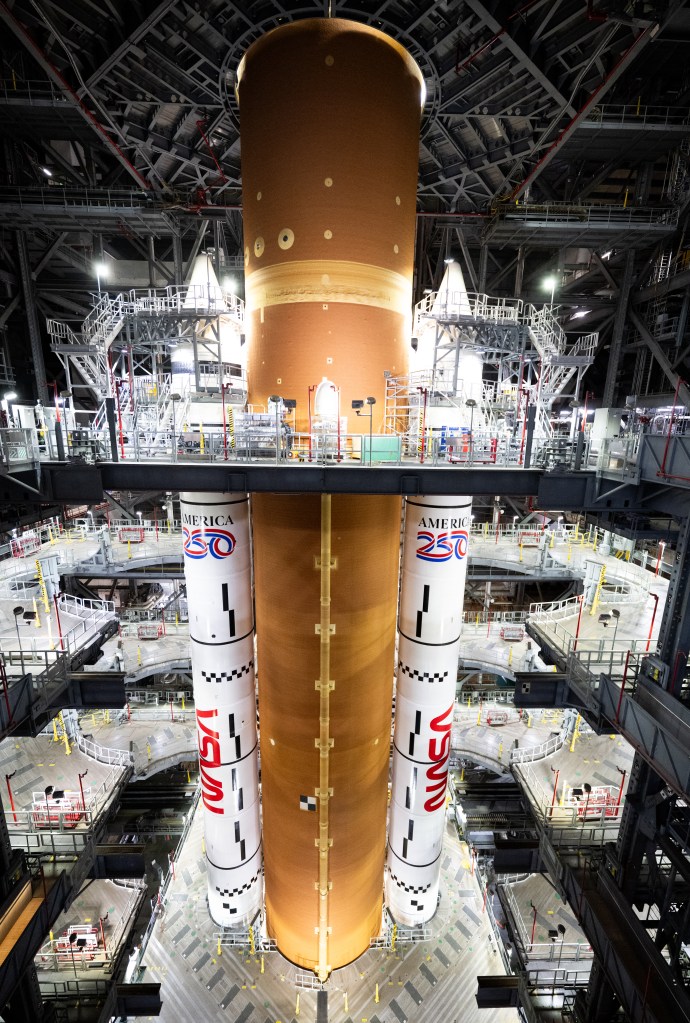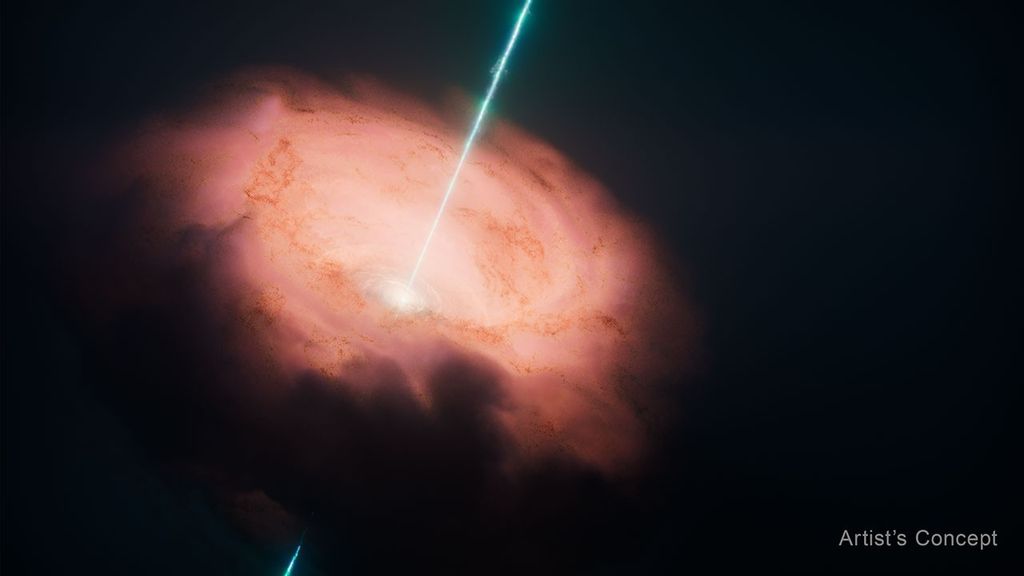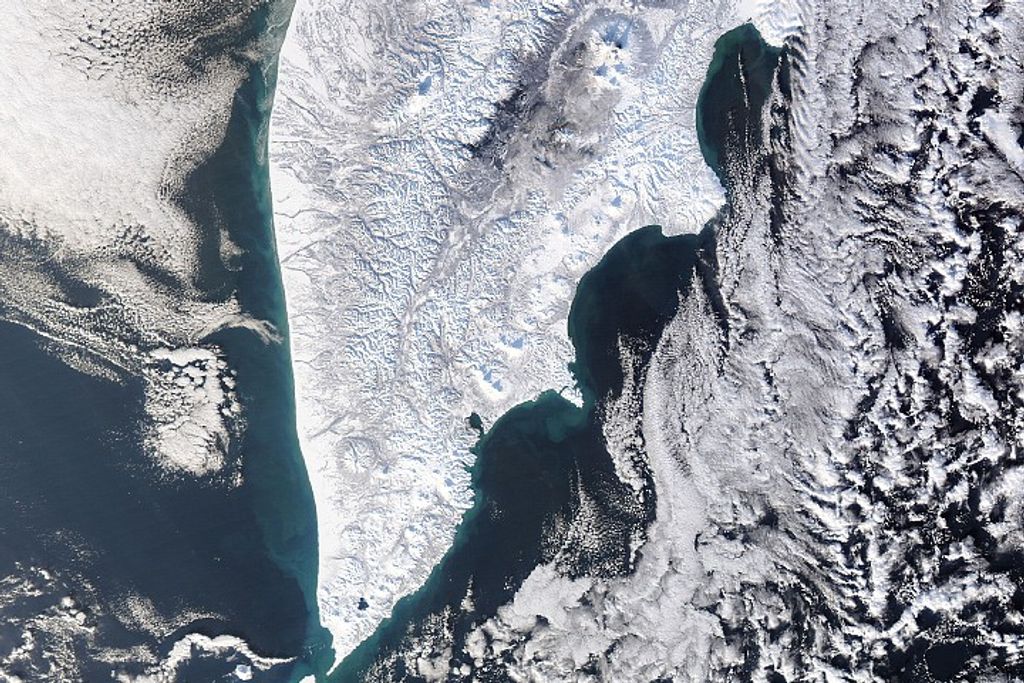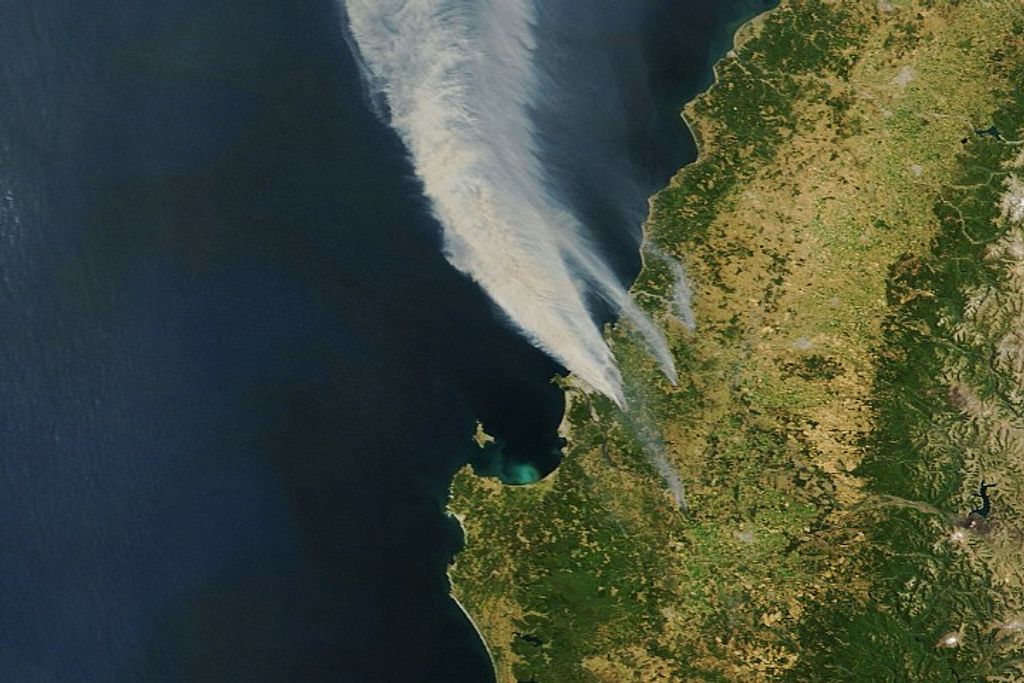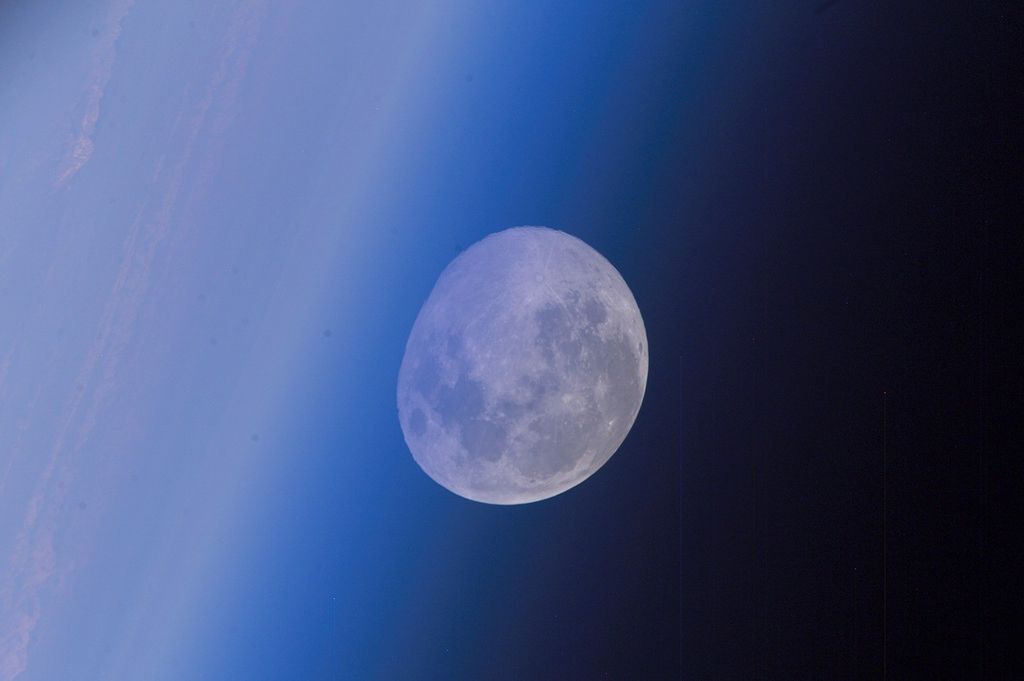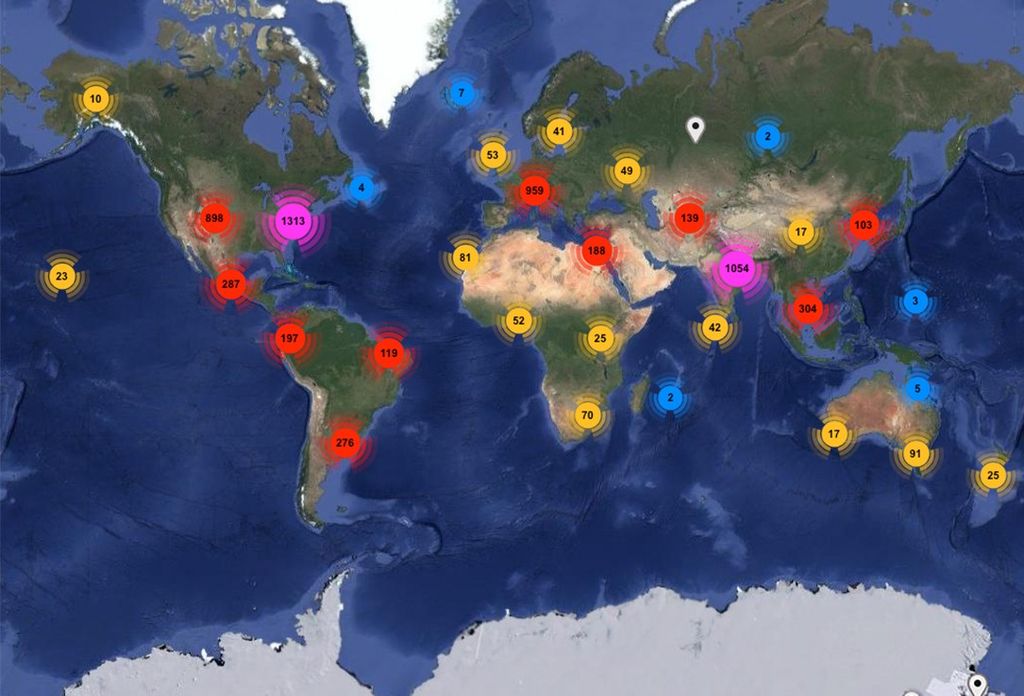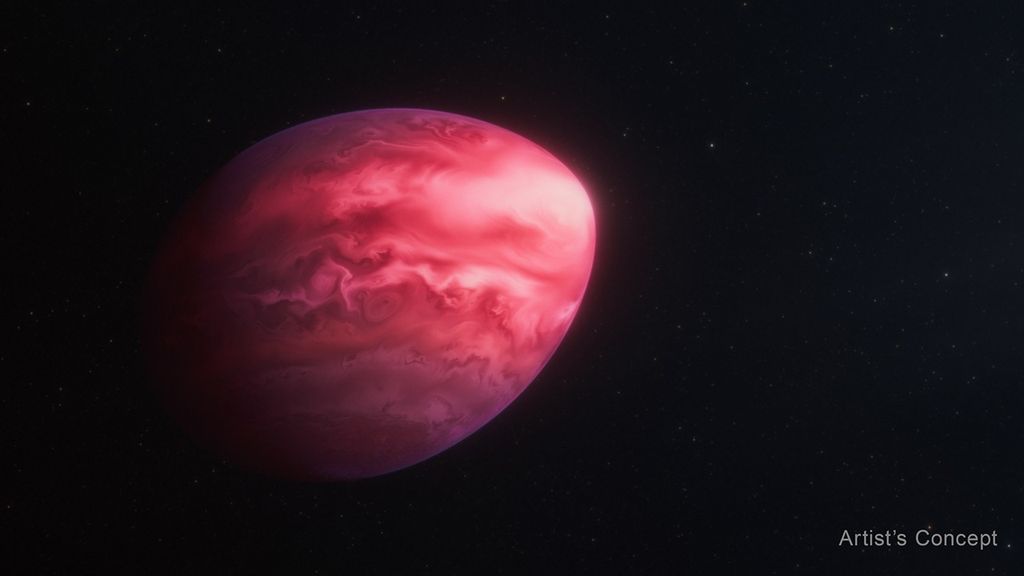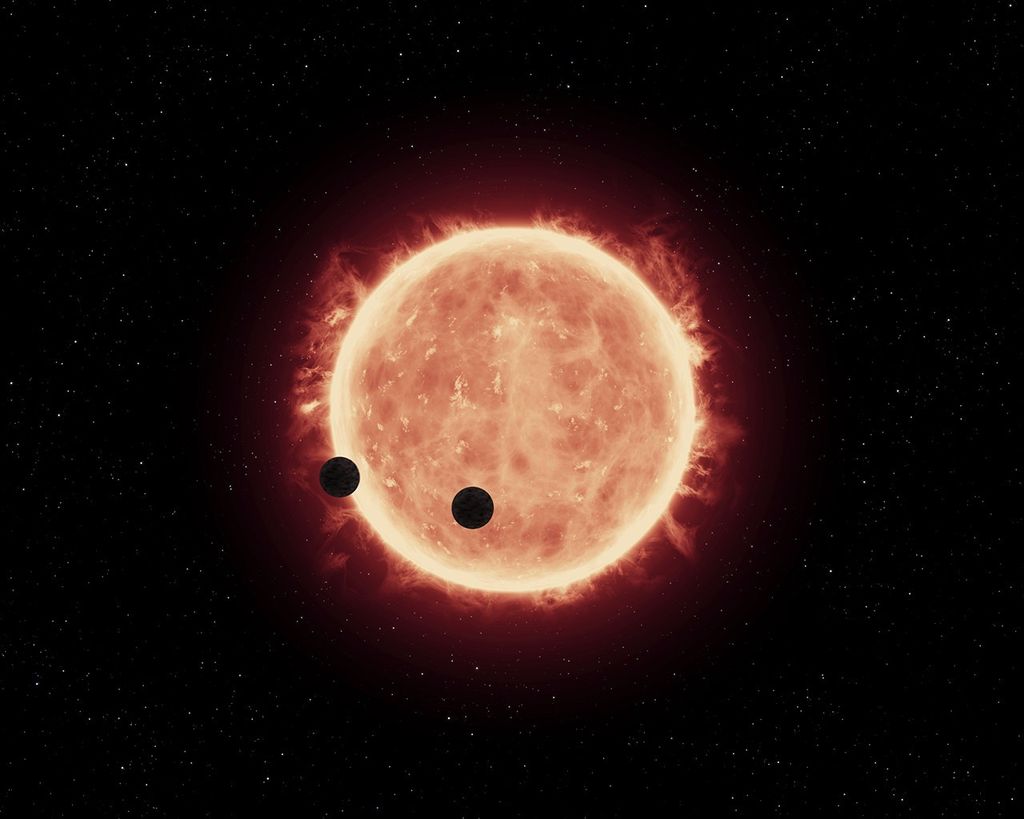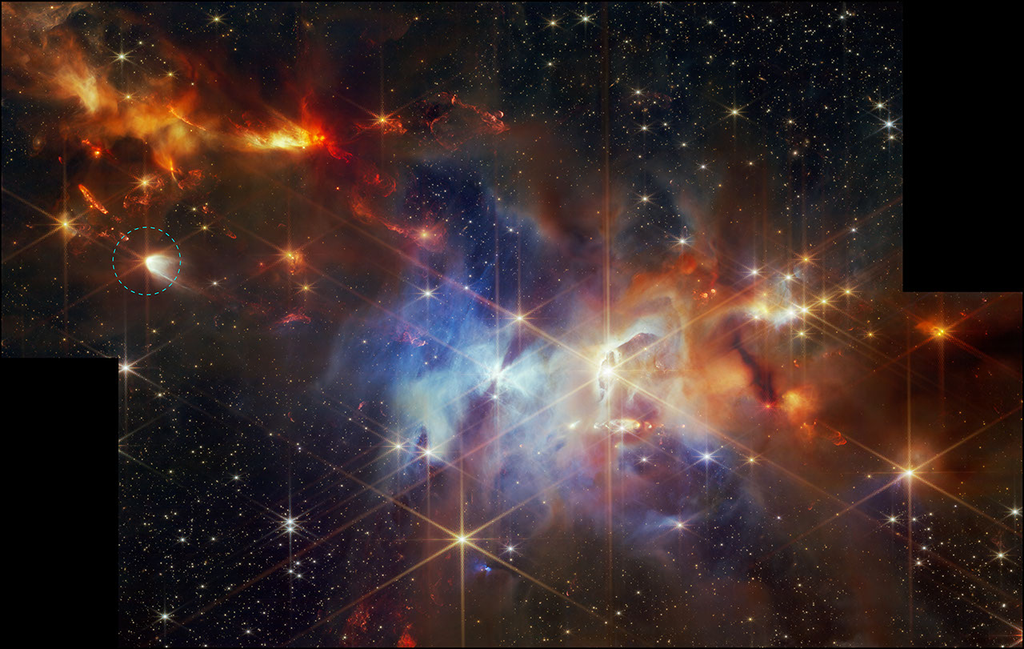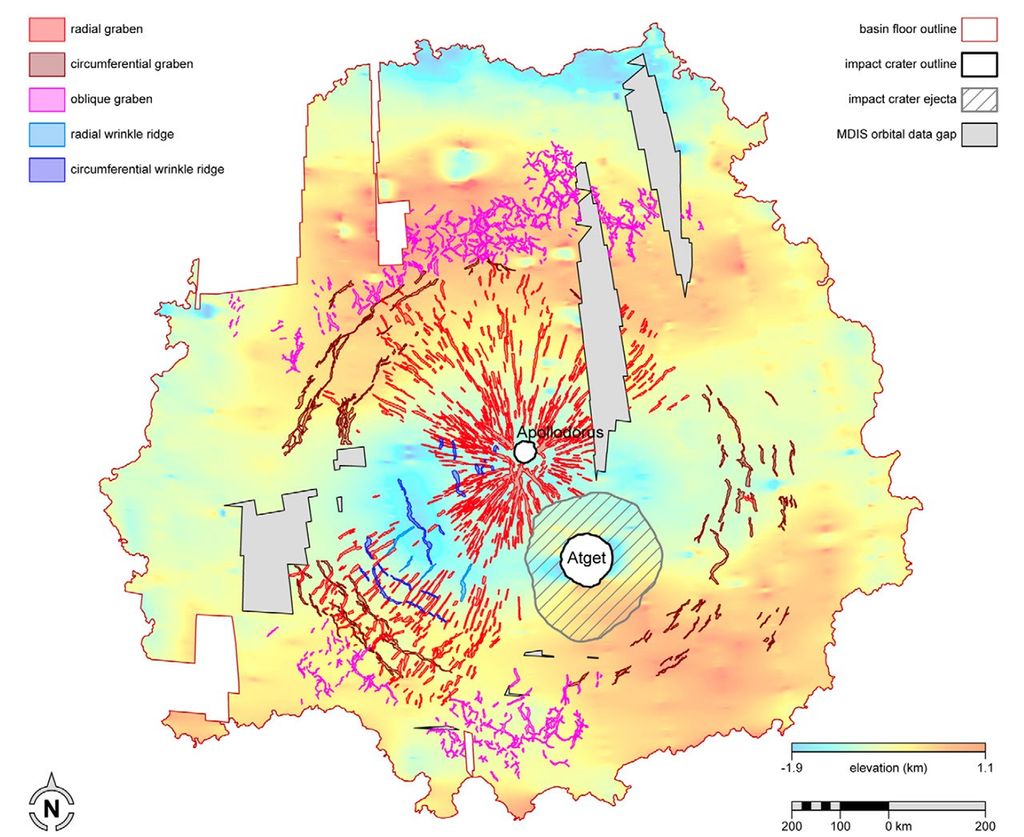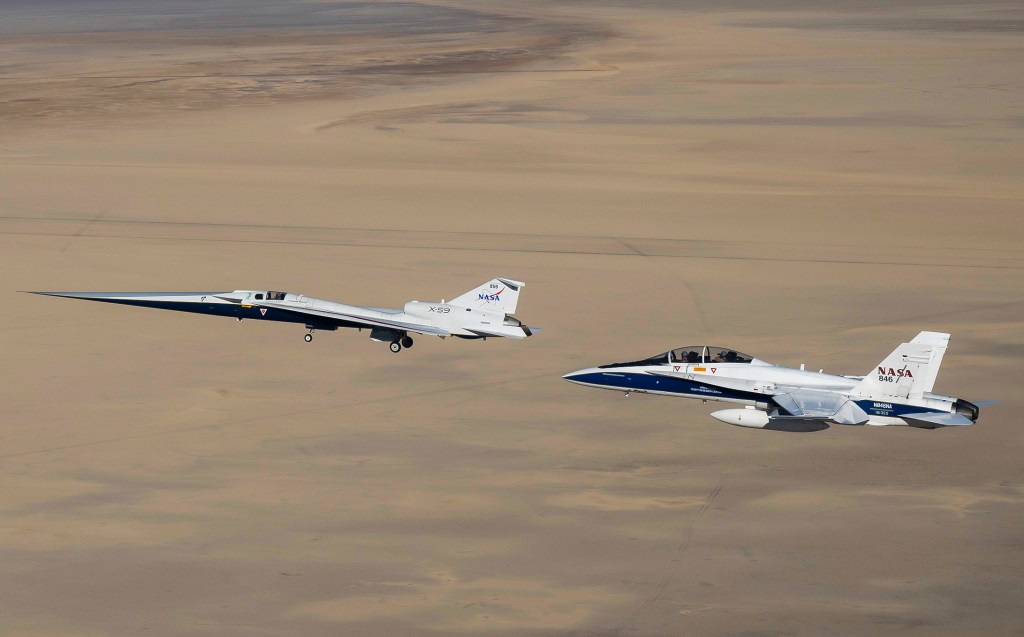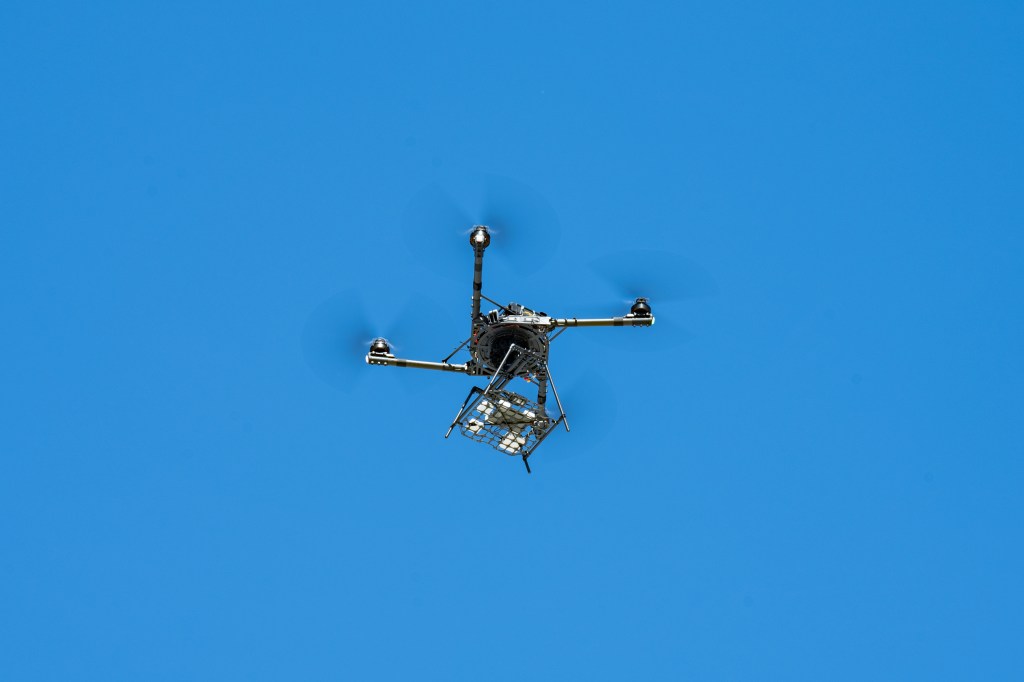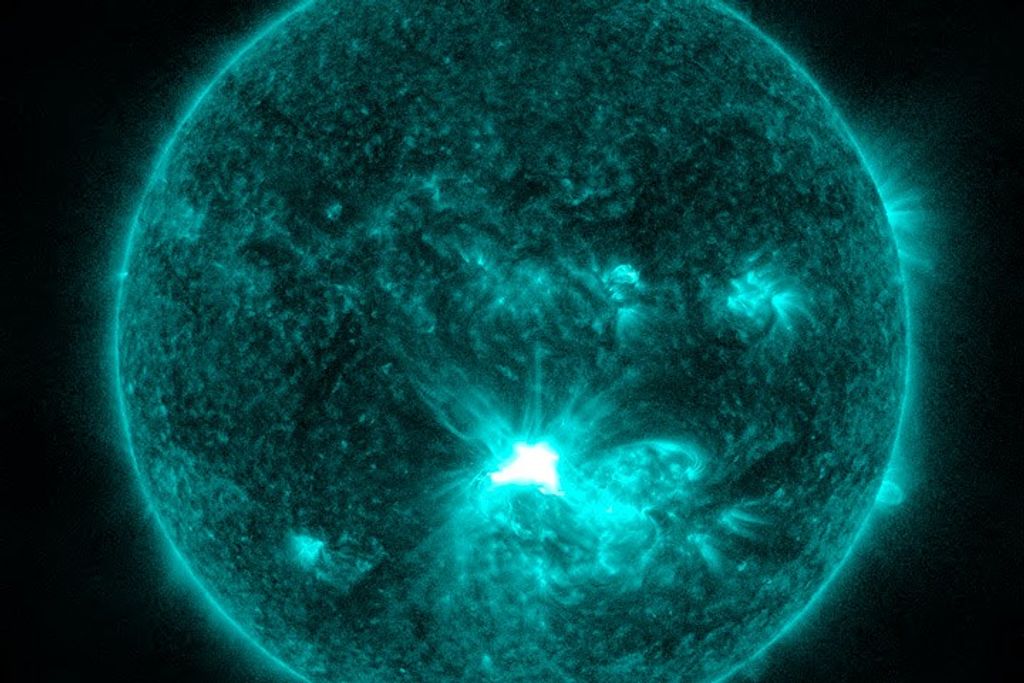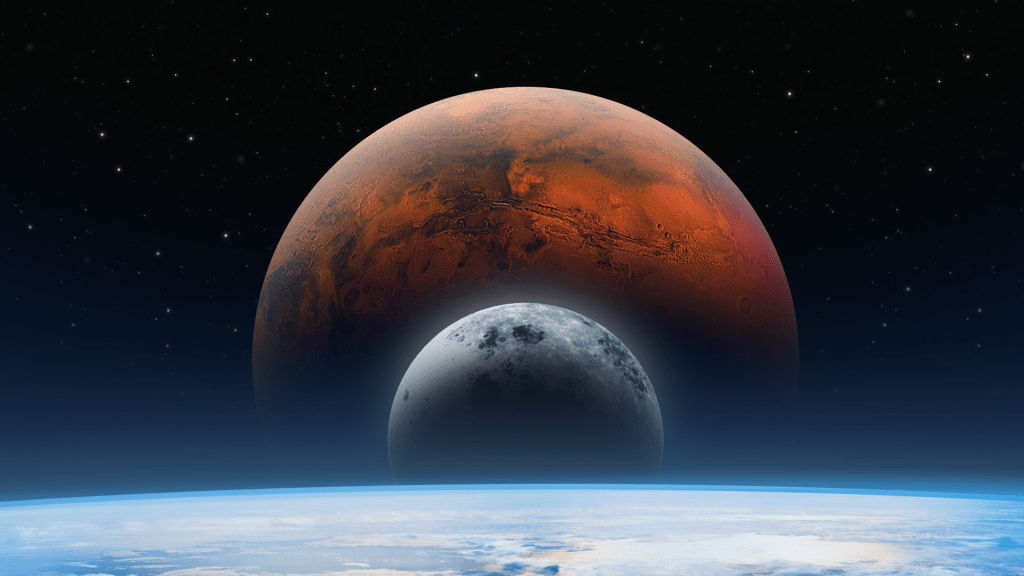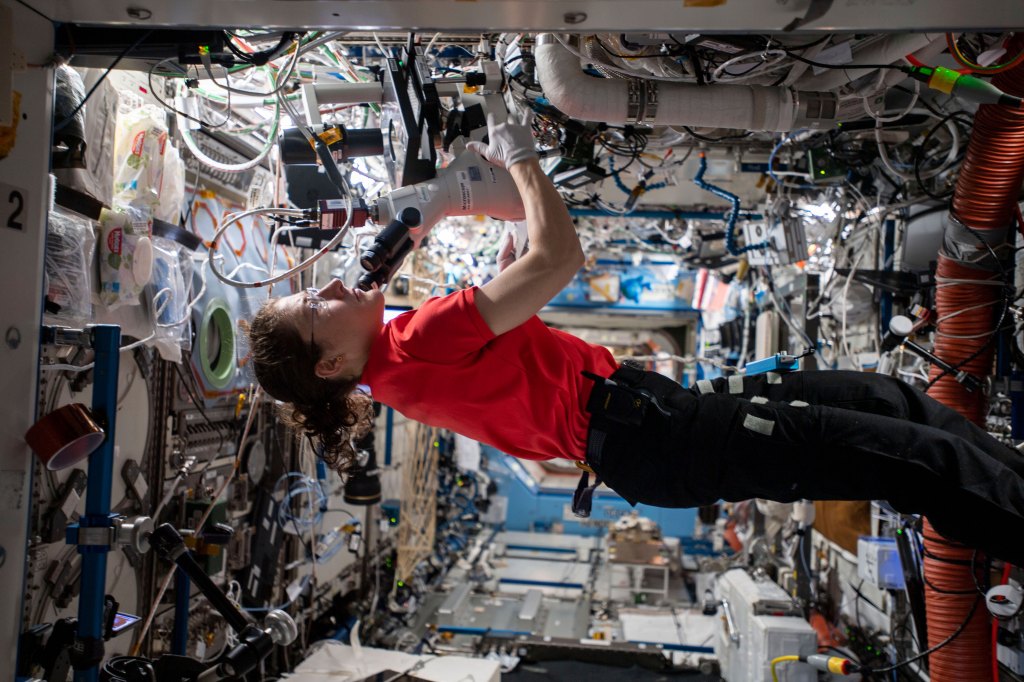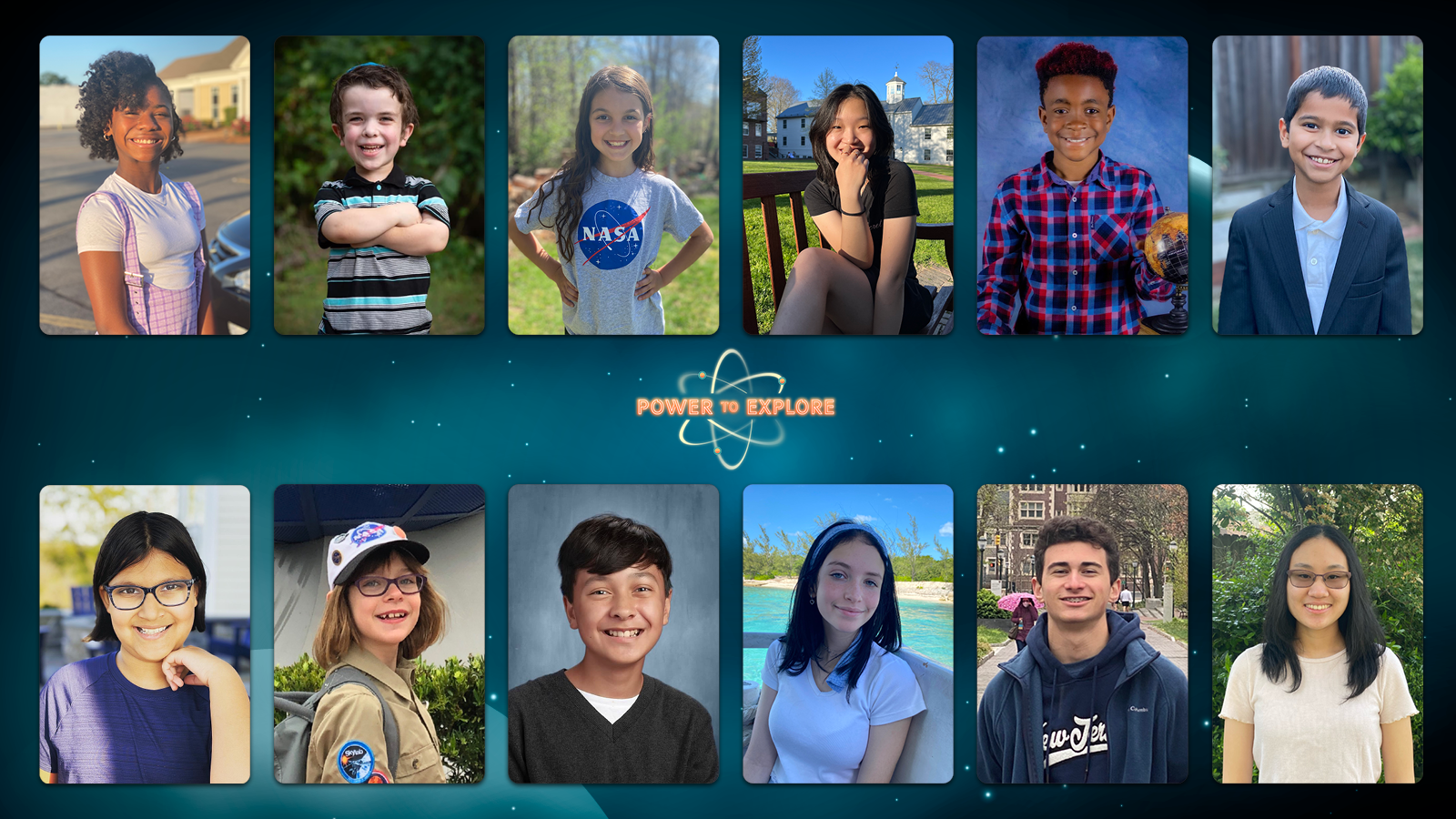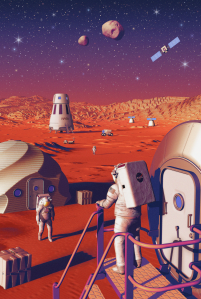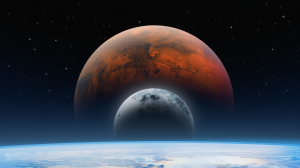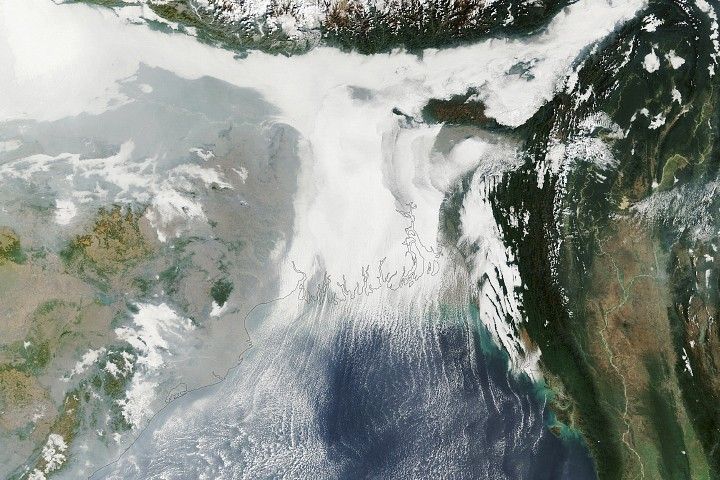NASA has selected 45 student essays as winners of the Power to Explore Challenge, a national competition for K-12 students featuring the enabling power of radioisotopes. Contestants were challenged to explore how NASA has powered some of its most famous missions across the solar system while sharing their own unique “super” powers.
The competition asked students to learn about Radioisotope Power Systems (RPS), a type of “nuclear battery” that NASA uses to explore some of the most extreme destinations in our solar system and beyond. Students then wrote about one inspiring aspect of this space power system and wrote about their own power to achieve future goals.
Building upon a 60-year legacy, NASA’s RPS program works in partnership with the Department of Energy to deliver power systems and technology for science missions to some of the most distant, dustiest, darkest, and harshest environments in the solar system. RPS enable NASA to explore the surface of Mars with the Curiosity and Perseverance rovers, Pluto with the New Horizons spacecraft, and interstellar space with Voyager 1 and 2.
The Power to Explore Challenge offered students the opportunity to learn more about these reliable power systems, celebrate their own strengths, and interact with NASA’s diverse workforce. This inaugural contest received nearly 1,200 entries from 38 states, Puerto Rico, and Guam.
“The contest that we are celebrating today is about the power these students bring to the table,” said Dr. Thomas Zurbuchen, associate administrator for NASA’s Science Mission Directorate. “We need the next generation to be a part of our NASA teams. Their power to explore will help us achieve our goals.”
To learn more about the winning essays, visit the Power to Explore contest website.
Entries were split into three categories: grades K-4, 5-8, and 9-12. Every student who submitted an entry received a digital certificate and all participants received an invitation to the Power Up virtual event. Students learned about what powers the NASA workforce to dream big and work together to explore with NASA’s Concha Reid and J. Michael Newman, Adrian Hill of Johns Hopkins University Applied Physics Laboratory, and former NASA intern Parisa Mirdamadi.
Fifteen national winners in each grade category (45 winners total) have been selected. These eligible winners will also receive a NASA RPS prize pack.
Grades K-4
Aaron DeSouza, Chino Hills, CA
Arjun Alahari, Ontario, CA
Evan Rios, Bodfish, CA
Luc Basset, Los Angeles, CA
Nikhil Bhavsar, San Jose, CA
Rosie Rothenberg, Sherman Oaks, CA
Caleb Braswell, Bonaire, GA
Jackson Sayles, Byron, GA
Jayla Anderson, Warner Robins, GA
Subham Maiti, Bloomington, MN
Lev Margolis, Orangeburg, NY
Mia Teusan, Hudson, OH
Ari Luster, York, PA
Liam Gustavson, Farmington, UT
Zahra Abbas, Morgantown, WV
Grades 5-8
Adyant Bhavsar, San Jose, CA
Dane Reed, San Diego, CA
Hasini Sundarraman, Newark, DE
Orelvis Sosa, Miami, FL
Maddy Kim, Belmont, MA
Heidi Jacobs, Haddonfield, NJ
Alexia Matskevich, Brooklyn, NY
Emily Grace Pariti, Garden City, NY
Sarah Phinney, Garden City, NY
Avni Dhargalkar, West Chester, PA
Ayush Panda, Yardley, PA
Bryan Milstead, Harrisonburg, VA
Aadya Karthik, Redmond, WA
Chloe Steinart, Stanwood, WA
Tovia Chan, Kirkland, WA
Grades 9-12
Nathan Amador, Mesa, AZ
Evangeline De Leon, Running Springs, CA
Linh (Kelly) Ninh, Westminster, CA
Jake Segal, New York, NY
Samantha Smith, Canton, GA
Caleb Andrew Pereda, Dededo, GU
Andrew Visconti, Freehold, NJ
Lili Westerhuis, Venice, FL
Zhixin Li, Millbrook, NY
Elizabeth Czajkowski, Ivyland, PA
Lindsay McBride, Haverford, PA
Jean Galliano Vega Díaz, Carolina, PR
Annie Hu, Collierville, TN
Jenn Yin Tay, Mclean, VA
Nicole Deng, Fairfax, VA
About the Challenge
The challenge is funded by the NASA Science Mission Directorate’s RPS Program Office and administered by Future Engineers. The NASA Tournament Lab, a part of the Prizes, Challenges, and Crowdsourcing Program in NASA’s Space Technology Mission Directorate, managed the challenge.
Kristin Spear
NASA Glenn Research Center

